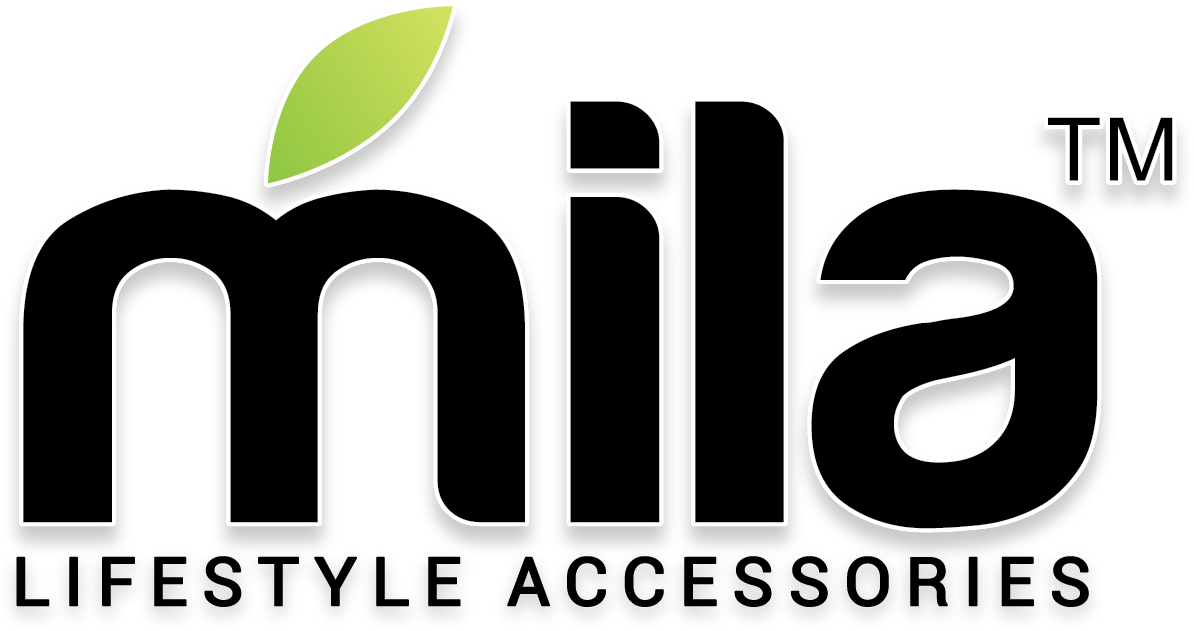It can sometimes seem that selling online is all about the retail aspect. B2C images show a merchant receiving orders, packing them up and shipping them off. They also interact with customers via their channels. There's another side to selling online, and offline. It's called B2B. Wholesaling. Instead of dealing with the hassles of consumers, let someone else handle that.
Everything You Need to Know About The Supply Chain
Wholesaling, which is similar to dropshipping, involves outsourcing a portion of your business, especially the marketing side. This involves selling your products directly to retailers, who then sell them to consumers. The customer is a business. These retailers act as middlemen between you and your customer and take on some marketing responsibilities.
A wholesaler is an intermediary between supplier and retailer, just as the retailer acts as a broker between wholesalers (or suppliers) and customers. To give you an idea of how everything fits together, here's a simple supply-chain diagram.
Remember that the supply chain doesn't have to be this straight. Sometimes the supplier and manufacturer may be the same. Other times, retailers can work directly with suppliers and skip wholesalers.
In some cases, merchants can act as the manufacturer. It all depends on the product. You are responsible for manufacturing and purchasing the parts of your handmade product. You have the option to either sell direct to customers or sell bulk to wholesalers. You can do what you want, as long as everyone in your supply chain agrees to work together.
Bigger Is Better
Many merchants are selling other people's products. Your average online retailer, especially the small one, will have trouble doing business with a manufacturer or supplier.
Many suppliers and manufacturers want to sell as many products as possible to retailers. They will often require a minimum order quantity in order to be able to work with retailers. It is not unusual for retailers to be unable or unwilling to work with suppliers who have less capital to invest in inventory. The flip side is that a retailer may not be able to afford buying direct from suppliers. They can get lower prices by purchasing larger quantities.
Wholesalers are a great option. Wholesalers are able to sell to more retailers and therefore can purchase greater quantities of products from suppliers. They can pass on lower prices to retailers who don't necessarily need to purchase large quantities of stock. Many retailers are able to do business with wholesalers, rather than suppliers, and it keeps them competitive against larger retailers.
Get a Whole Lot of Benefits
Now that you have learned the basics of supply chain 101, here are some reasons why wholesaling can be a good option for online merchants.
- Volume is more important than anything - Wholesalers care about the product and sell a lot of it. Establishing a relationship with retailers will help you grow your revenue faster and more consistently. You'll also get restocked if they sell the product. It's more difficult to get customers to return if you are just retailing.
- You can let others handle the marketing. Retailers are your customers. This means you have additional market opportunities. Retailers will be looking at your products, regardless of whether you are selling clothes or farm supplies. This will increase brand awareness and help you, the retailer.
- Wholesaler can control sales - Like the suppliers we talked about earlier, wholesalers can set minimum orders for retailers. This gives them greater control over forecasting sales and revenue. You can also choose to not require minimum orders to attract your first signups. You can make that decision.
- It's easier to convince - Once you have established relationships with several retailers, it is much easier to persuade others to join the ranks and sell your products. It's like social proof.
Potential Holes to fall in
Some things can't be trusted, and wholesaling is no exception.
- Capital is essential - To get started, you'll need to have a lot of capital. It is crucial for all the disadvantages that you are about to see.
- Quantity is the king - Wholesaling revolves around product quantities. A high volume of products means that there is more capital to buy. You're less likely to be able to buy bulk products from manufacturers and suppliers, which will make you less productive as a wholesaler.
- The overhead is huge - While retailers can predict and purchase inventory, wholesaling requires the purchase and storage of a large amount of inventory to be sold at any given time. This means that retailers will have to pay more for inventory and storage costs. Manufacturers and suppliers will most likely not accept product back if you are unable to get it off your shelves.



